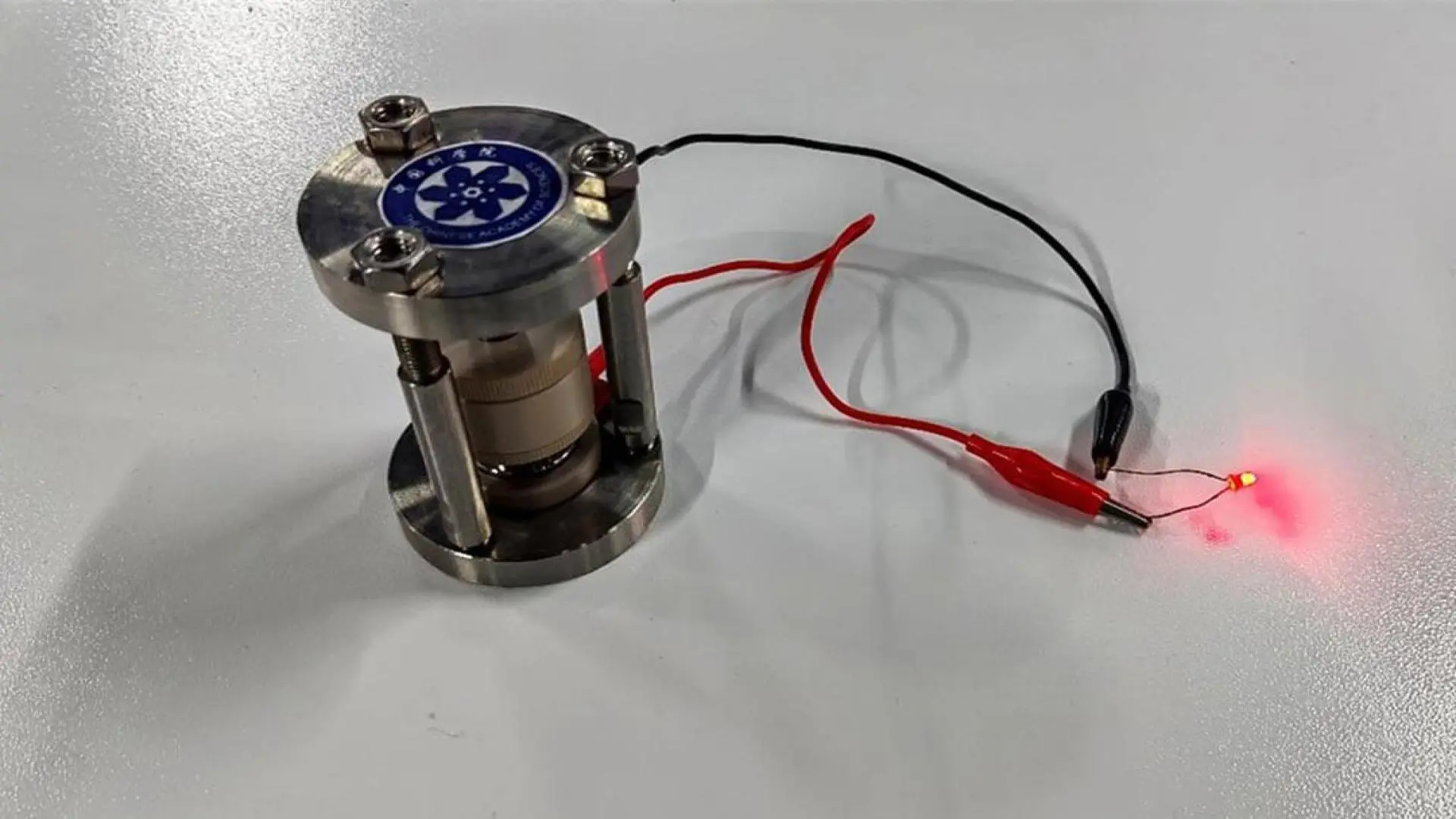By Collins Nnabuife
Copyright tribuneonlineng

The Director of Agricultural Biotechnology at the National Biotechnology Research and Development Agency (NBRDA), Dr Rose Gidado, has said that adopting modern biotechnology and genetically modified organisms (GMOs) can significantly reduce Nigeria’s food import bill and strengthen food security.
Speaking in a recent interview, Gidado explained that biotechnology offers solutions to some of the biggest challenges facing Nigeria’s agriculture, particularly those exacerbated by climate change, pests, and poor yields.
According to her, GMOs complement traditional breeding techniques by targeting agricultural problems at the DNA level, thereby ensuring sustainability and resilience.
“GMOs can contribute to Nigeria’s food security tremendously because they address the challenges posed by climate change. On a small piece of land, farmers can harvest bumper yields because the technology has already taken care of issues like insect infestation and crop susceptibility at the gene level,” she said.
She noted that while farmers often rely on chemical sprays to manage pests, such methods are costly, hazardous, and frequently ineffective, especially after rainfall.
By contrast, GMOs utilise safe genetic interventions that provide permanent resistance against pests, improving both productivity and health outcomes for farmers.
Giving an example, Gidado highlighted the development of the genetically modified cowpea, popularly known as the Maruca-resistant beans. She said the crop was engineered to withstand attacks from Maruca vitrata larvae, a pest that causes up to 90 per cent yield losses in cowpea farms across the country.
“The Maruca larva is the most destructive pest of cowpea. It eats the leaves, flowers, and burrows into the pods, leaving farmers with nothing. With the Maruca-resistant cowpea, we have eliminated at least 30 per cent of the crop’s major challenge.
“Yields have improved drastically from 350 kilograms per hectare in the traditional variety (Sampea 10) to 2.9 tons per hectare in the improved Sampea 20T,” she explained.
Gidado stressed that this level of improvement has direct economic implications for farmers, many of whom struggle to break even with unimproved varieties.
“With bumper harvests, farmers make profits, lives are transformed, and agriculture becomes a viable business venture. This is the kind of transformation that can also attract young people into farming,” she said.
She added that biotechnology goes beyond food security, contributing to broader economic development. By reducing reliance on food imports, Nigeria can save billions of naira in foreign exchange while improving its Gross Domestic Product (GDP).
“No nation is considered developed if it cannot feed its population. Unfortunately, Nigeria is still largely an import-dependent nation. We produce beans in large quantities, but it is not enough to meet our needs.
“We run a deficit of about 500,000 tons annually, which is bridged by importation that costs the country billions. Biotechnology can close this gap and reposition us toward self-sufficiency,” she said.
Gidado emphasised that Nigeria must embrace emerging technologies, including gene editing, to modernise its agriculture and empower farmers. According to her, biotechnology is not a replacement for traditional farming methods but an intervention that strengthens them.
“If we want farming to be profitable and sustainable, we must adopt these tools. With better yields, profits will rise, and agriculture will become more attractive to the youth. Ultimately, this will transform lives, reduce poverty, and ensure no child in Nigeria goes to bed hungry,” she added.
Experts believe that with the right investment in biotechnology, Nigeria could drastically reduce its food import bill, boost local production, and position itself as a leader in agricultural innovation across Africa.
ALSO READ TOP STORIES FROM NIGERIAN TRIBUNE



